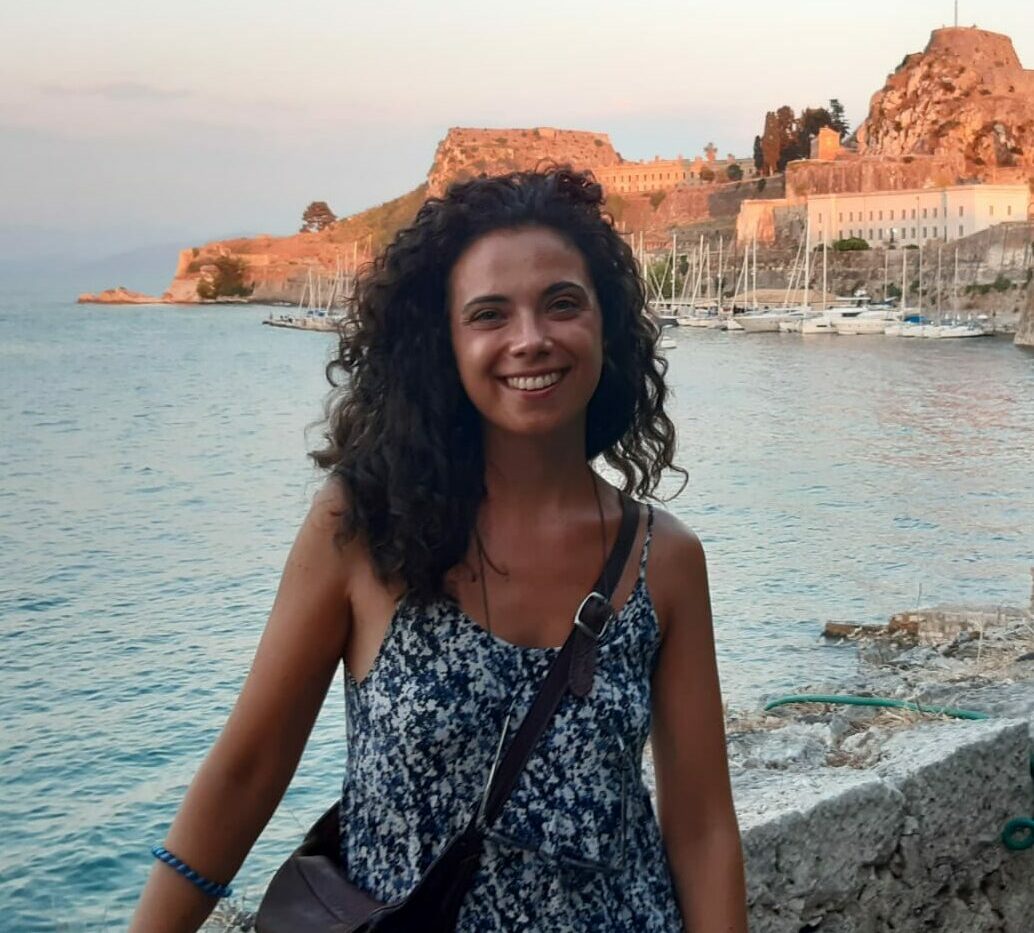Lucia Rodriguez Loureiro, a social and environmental epidemiologist, deciphering the association between the urban environment and cardiometabolic health

Dr Lucia Rodriguez Loureiro is a social and environmental epidemiologist. She has begun in January 2023 her research project CARDIAPOLIS (“Cardiovascular and metabolic effects of long-term exposure to air pollution and green spaces: a longitudinal analyses of the French CONSTANCES cohort”) at the IRSET laboratory (Université de Rennes).
BIENVENÜE team: Hello Lucia, what is you background?
Lucia Rodriguez Loureiro: During my master’s degree in Public Health at the Pompeu Fabra University in Barcelona, I became very interested in the structural determinants of health. I was curious about how your ZIP code, where you live, can have a significant impact on your health (even more than genetics!).
Then, during my PhD at the Vrije Universiteit in Brussels, I worked on how residing near green areas can affect health and mortality in Belgium. Living in greener neighbourhoods may improve the psychological well-being of urban dwellers and reduce stress, induce physical activity and enhance social cohesion, and mitigate environmental hazards, like air pollution or extreme temperatures. I found that living in greener areas seemed to reduce the risk of mortality from several diseases, incuding diabetes, dementia, or breast cancer. I also looked at how the association with health may vary depending on your age, your social class, and your gender. I generally found that the beneficial effect of residential green spaces was stronger among women and among individuals with low socioeconomic positions. These socio-demographic groups may depend more from the resources available in their immediate living environment to stay healthy.
What is the CARDIAPOLIS project about?
I’ll continue my work on the social and environmental determinants of health. I will look at longitudinal data from the Constances cohort, containing detailed health and sociodemographic information from around two hundred thousand adults working in France who are being followed yearly since 2012.
I want to be able, over the two coming years, to better understand the association between the urban environment (air pollution and green spaces) and cardiovascular diseases during adulthood. In particular, I want to investigate the effects of black carbon (a combustion-related component of air pollution) on hypertension and diabetes. I am also interested in understanding how green spaces may improve cardiometabolic health, by quantifying the role of the potential mechanisms involved (for example, the mitigation of air pollution). I will moreover place a special focus on the role of social factors in shaping these relationships.
With the increasing urbanization worldwide, people are more exposed to pollution, while access to natural environments is reduced. Also, the effect of climate change on health will be way worse in unadapted cities. I think that, if we understand better which urban environments contribute to the health and well-being of residents, we will be able to trigger change in cities to make them more livable.
Why did you chose the IRSET laboratory to conduct this research project?
France is one of the leading countries in my theme. I also wanted to go back to a research group focused on epidemiology, as my PhD research group in Belgium was more sociology-oriented. The IRSET lab is a very good option. It will also allow me to be involved in several collaborations, including a H2020 project “LongITools” and with the Swiss Tropical and Public Health Institute.
Do you have a recommendation for the eager to learn more about your research field?
I would recommend this short clip from the LongITools project, giving an overview of the interplay between the living environment and health, and, specifically, on cardiovascular health.
Thank you Lucia!